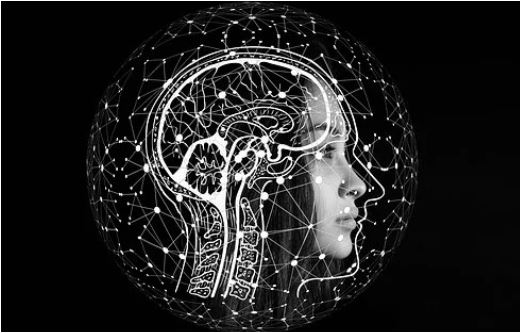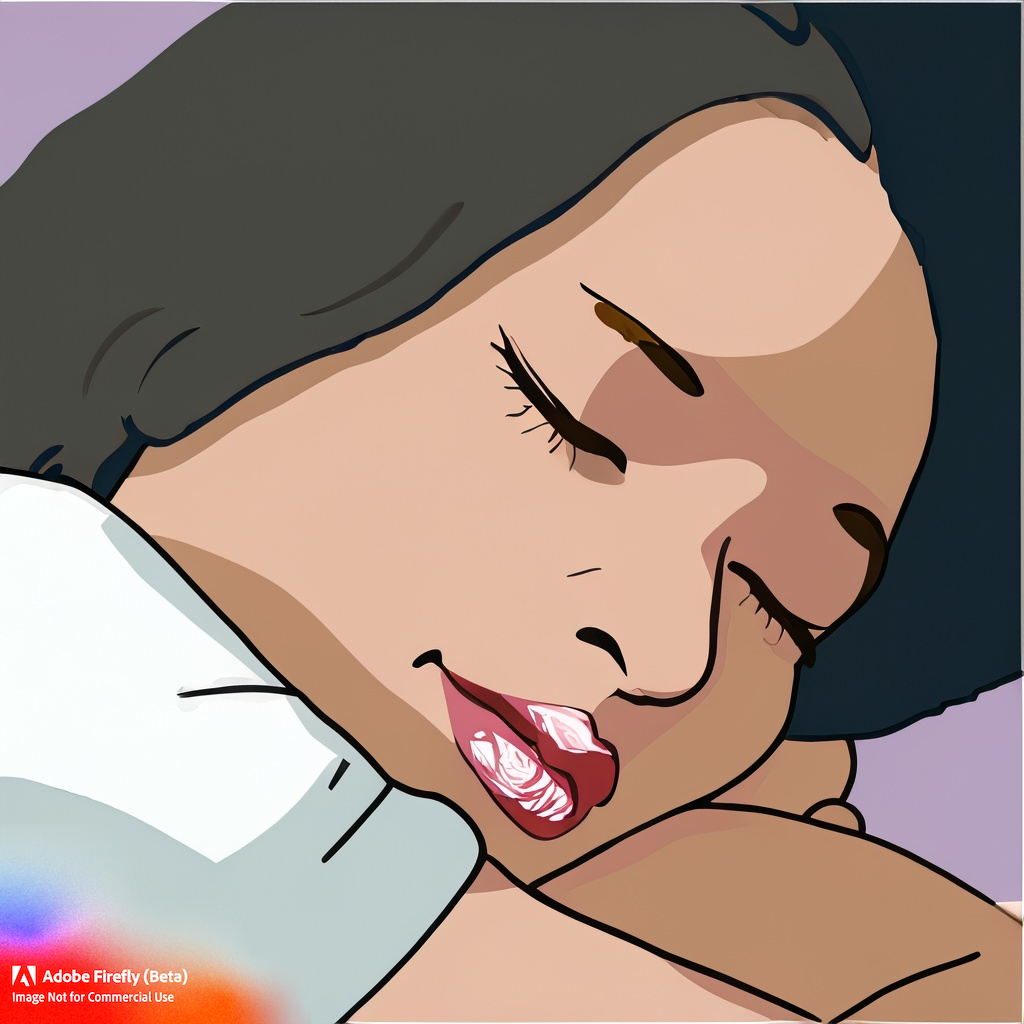Challenges Faced by Blind Individuals with ADHD
Attention-deficit/hyperactivity disorder (ADHD) is a neurodevelopmental condition that affects an individual’s ability to focus, control impulses, and regulate energy levels. When coupled with sight impairment, individuals face unique challenges that can significantly impact their daily lives. In this article, we will delve into the complexities of living with both ADHD and sight impairment, the challenges faced, and the strategies, technologies, and support networks available to manage these conditions effectively.










